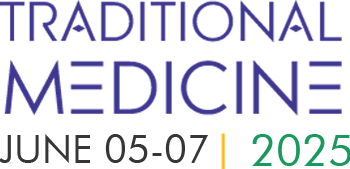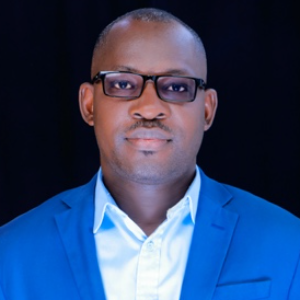Title : The contribution of traditional medicine to the achievement of universal health coverage: The case of the Burundian context
Abstract:
According to the World Health Organization (WHO), universal health coverage encompasses all essential health services, from health promotion to prevention, treatment, rehabilitation, and palliative care. Only robust, efficient, equitable health systems anchored in local communities can achieve this ideal through primary health care. Worldwide, traditional medicine (TM) has proven its contribution to providing primary and improved health care in some countries, such as China, where 90% of public hospitals have TM departments that regularly offer health services and products. A study conducted in Burundi shows that TM constitutes an alternative for most of the population, whether in rural or urban areas. TM treats a variety of diseases, and some informants believe that there are even diseases that TM may more effectively treat than conventional medicine, such as traditional poisoning, as well as chronic diseases like certain types of hypertension and diabetes. In a country where modern health coverage is not yet satisfactory, the population often turns to other alternatives for primary health care. TM enters through the front door at this level. TM is so embedded in Burundian culture that it has long been used, even before modern medicine. Burundian traditional practitioners testify to a resurgence in reliance on TM after years of being overshadowed by modern civilization and its public health care services. Most traditional practitioners provide products and services at affordable prices, while some offer free services to the community. Thus, even in the country’s most remote areas, a healer who offers primary health care based on medicinal plants and other locally available substances is always nearby. Family members often provide these services and only resort to experienced healers in case of complications or specific types of diseases. Alongside traditional practitioners, production units for improved traditional medicines continue to revolutionize practice in the country. Even the WHO advocates for integrating TM into the national health system, which is reflected in a strategic plan for promoting TM in Burundi for the next five years (2023-2028), recently established with WHO support. TM’s contribution to Burundi’s public health is no longer up for debate. Nevertheless, authorized bodies are finding safe and secure ways to integrate it into the national health system, aiming for another step toward achieving universal health coverage.



